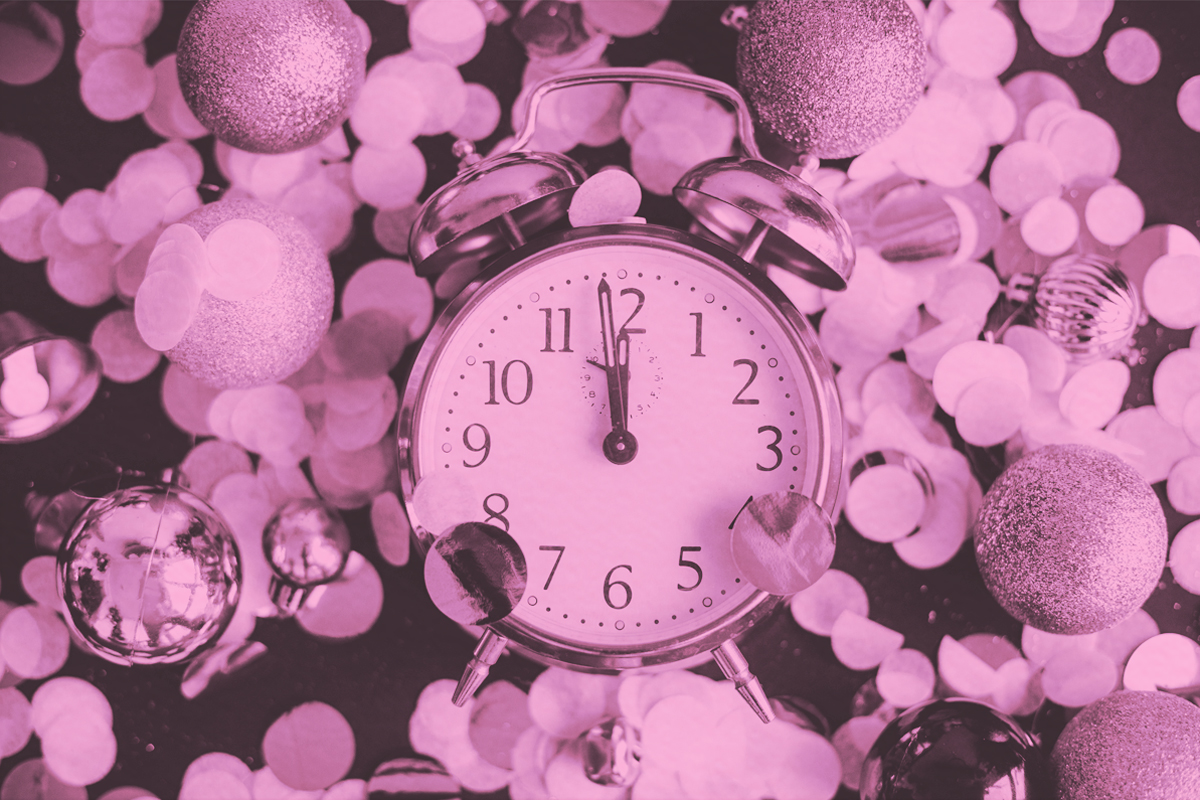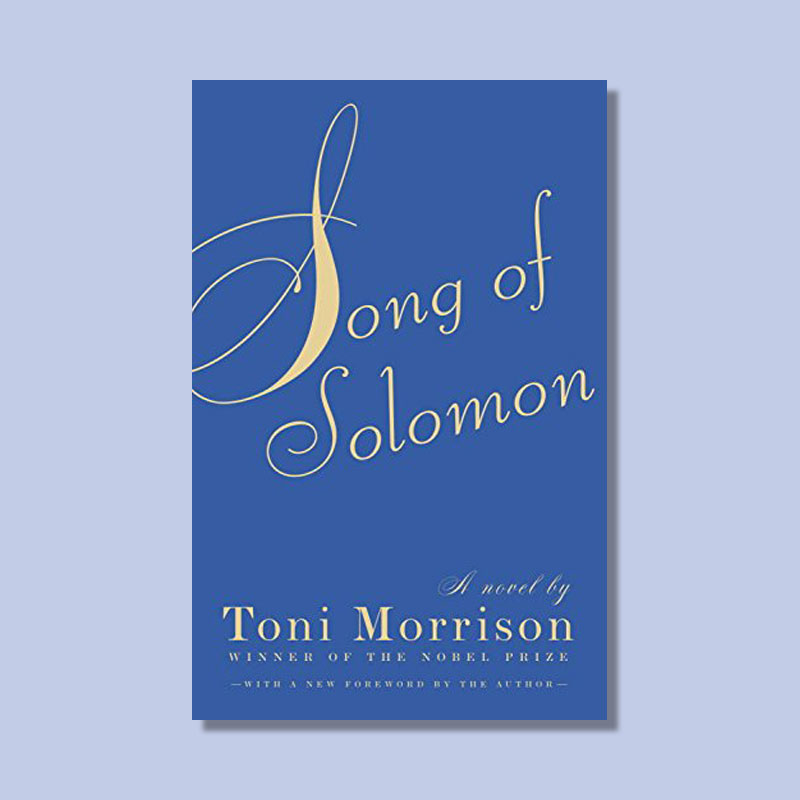What does "auld lang syne" mean? | | When you're making New Year's toasts and singing "Auld Lang Syne," do you know what you're saying? This traditional song has very old roots. | |  | Bennett Kleinman |
|
| |  | | I f you're partying when the clock strikes midnight on New Year's, you're likely doing one of three things: laying a big smooch on a loved one, downing a flute of bubbly, or belting out the lyrics to the classic "Auld Lang Syne." Many of us can sing along with the opening line of "Should old acquaintance be forgot," but what does the titular phrase actually mean? To better understand auld lang syne, let's travel back in time to Scotland in the 17th century.
The Oxford English Dictionary defines auld lang syne as a Scottish phrase meaning "times long past," "times long ago," or "old times," and it's used to evoke memories of old relationships and loyalties. The enduring popularity of the phrase is thanks to the Scottish poet Robert Burns, who wrote a 1788 song titled "Auld Lang Syne," which was later published in 1796. But Burns was known for finding inspiration in folk songs and improving upon them. Sir Robert Ayton, one of the earliest Scottish poets to write in standard English, wrote a poem titled Old Long Syne in the 1600s, but it wasn't published until long after his death in 1711. Some believe that Burns drew inspiration from this earlier poem.
At the time Burns' song was first published, it was set to a different tune than the one we know today. But in 1799, publisher George Thomson paired Burns' lyrics with a melody from the comic opera Rosina. This pairing of words and music became particularly popular among celebrants of an annual Scottish New Year's celebration called Hogmanay, and it's the version still sung today.
The song gained popularity throughout the Americas beginning in 1929, when Canadian bandleader Guy Lombardo debuted his annual New Year's radio show. For over 30 years, Lombardo performed "Auld Lang Syne" as part of the annual set list, solidifying the song's reputation as a traditional New Year's tune. |
| | Continue reading | |  |
| |
| | Advertisers help keep Word Smarts free | |
Emoji Decoded | |  | | Bottle with Popping Cork | | | Meaning: Shows a champagne bottle with a cork popping off, typically representing celebration.
Evolution: This emoji is often used in conjunction with Clinking Glasses 🥂 to indicate festivities, particularly New Year's Eve celebrations or weddings.
Usage: [New Year's Eve post at midnight:] 3...2...1... Happy New Year! 🍾 2025 here we come! ✨ |
|
 | | Bottle with Popping Cork | | | Meaning: Shows a champagne bottle with a cork popping off, typically representing celebration.
Evolution: This emoji is often used in conjunction with Clinking Glasses 🥂 to indicate festivities, particularly New Year's Eve celebrations or weddings.
Usage: [New Year's Eve post at midnight:] 3...2...1... Happy New Year! 🍾 2025 here we come! ✨ |
|
| |
Have you read? | |  | | Song of Solomon | | By Toni Morrison | | If you want to read something by Nobel Prize winner Toni Morrison, I recommend "Song of Solomon." It's a coming-of-age story that follows Macon "Milkman" Dead, but there are multiple layers of myth, folklore, and reality, woven together to craft one of the best American books of the 20th century. Morrison addresses cultural identity, racial dynamics, and gender and masculinity — all still razor-sharp topics almost 50 years after it was published. | | | | Jennifer A. Freeman, Word Smarts Senior Editor | | | | We independently evaluate all recommended products and services. If you click on links we provide, we may receive compensation. |
|
 | | Song of Solomon | | By Toni Morrison | | If you want to read something by Nobel Prize winner Toni Morrison, I recommend "Song of Solomon." It's a coming-of-age story that follows Macon "Milkman" Dead, but there are multiple layers of myth, folklore, and reality, woven together to craft one of the best American books of the 20th century. Morrison addresses cultural identity, racial dynamics, and gender and masculinity — all still razor-sharp topics almost 50 years after it was published. | | | | Jennifer A. Freeman, Word Smarts Senior Editor | | | | We independently evaluate all recommended products and services. If you click on links we provide, we may receive compensation. |
|
| |
You might also like | |  | | | | What Makes a Slip of the Tongue Freudian? | | "A Freudian slip is saying one thing when you mean your mother." So goes a famous joke. But why do we sometimes say one thing when we mean another? These accidental slip-ups are usually just a mistake, but they've been used to hilarious effect in TV and movies. |
| | | |
| | Advertisers help keep Word Smarts free | |
|
![]()
![]()
![]()
![]()
0 Comments:
Post a Comment
<< Home